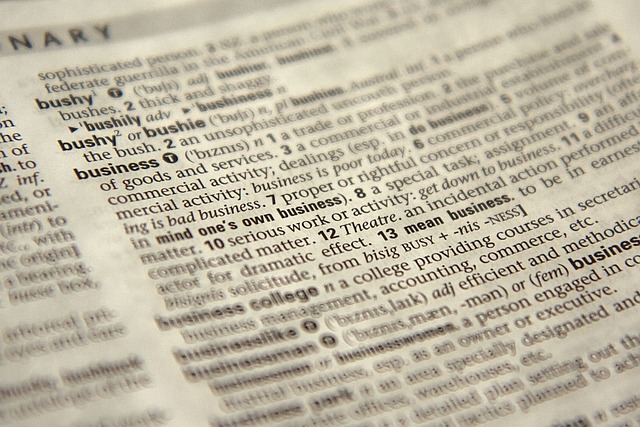Let’s Simplify the Work of Workers’ Compensation.
Our Products
The most used, most trusted and most comprehensive online workers’ compensation resource tools in the industry.
-
Latest News
- Read All
Our Products
We offer a variety of services designed to streamline and simplify managing of workers’ compensation claims and insurance processes:
-
Simply Research
Relied on by insurance professionals and employers alike, our resource guide is filled with current legal regulations and critical compliance issues, written in English, not legalese.
-
Simply Claims Kits
Our digital posting notice service comes complete with up-to-date pre-injury forms, post-injury documents and accompanying compliance summaries carriers and employers can brand with their company logo and use on websites and service portals alike.
-
Simply Forms
We’ve automated the essentials with a database of over 1,200 active jurisdictional claims forms ready to integrate directly into your existing claims management system.
Trusted by Over 1,000 Companies with a 95% Retention Rate.
Get all the benefits together.
Our complete package streamlines and simplifies management of workers’ compensation claims and insurance.
Workers' Compensation News Center
Current compliance news and original articles about the workers’ comp industry, written and compiled by our staff.
Stay ahead of the curve with the latest workers' compensation industry headlines as they happen
Deep analysis and thought leadership from experts in everything related to workers’ compensation
Sign Up for Our Newsletter
Advertorials and paid press releases
- Apr 17, 2024
- NCCI
- Apr 08, 2024
- WorkCompCollege
Stay current with the latest workers' compensation happenings, events, job listings and conference updates
About The IAIABC Forum 2024 The focus of The Forum is collaboration. At The Forum, the IAIABC's committees and councils discuss policy and administrative issues in workers' compensation, and attendees may also take part in special […]
- Apr 08, 2024 - Apr 09, 2024
Contact: Tanyea Griffin tanyea@hosmanassociates.com 8133995043
- Apr 18, 2024 - Apr 19, 2024
















